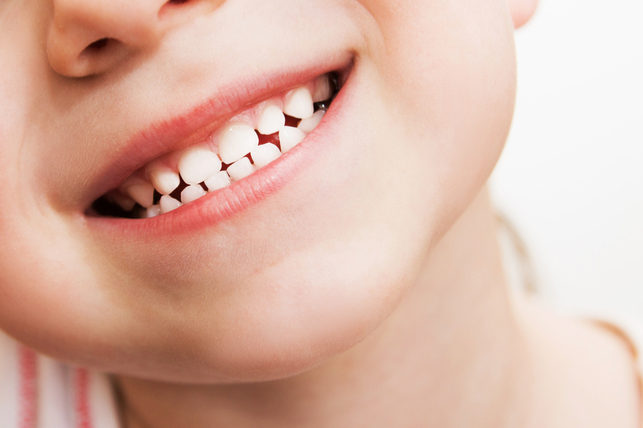A recent analysis shows that cavities are the most common dental problem in children these days. You can call it tooth decay that is a permanently damaged area in a tooth. It develops in the baby teeth or it is known as primary teeth.
Causes of cavities are different as there are many risk factors that can develop cavities in kids. Dental plaque begins to eat at tooth enamel and results in a hole. It is a sticky substance that sticks with your teeth and occurs when bacteria combine with acid, saliva, and food.
The best child specialists in Karachi believe that flossing and brushing are beneficial practices to prevent cavities in adults but kids are often unable to do that as they do not brush their teeth properly.
Parents must teach kids to brush their teeth for at least 2 minutes twice a day. Research revealed that children often forget to brush their teeth or do it only once a day. Flossing is dangerous for kids as they cannot do it properly. Kids have no idea how to floss and brush their teeth twice a day and it puts them at high risk of developing cavities.
A regular Dental Implants checkup is recommended for kids too as they are unable to keep their teeth clean. They eat sugars, candies, and chocolates a lot that puts them at high risk of developing cavities.
Signs or Symptoms of Tooth Decay or Cavities
There is no specific sign of tooth decay as it does not always cause pain. But you can notice some of its signs that indicate the cavities in your kid.
- Crying
- Fussiness
- Mouth swelling
- Dark spots on the tooth
- Brown or white spots on the tooth
- Your kid will not eat any food
- Lethargy
Sensitivity while drinking or eating cold food
When you suspect a cavity, call an emergency pediatric dentist immediately as it will help to find out the real cause and help in reducing the pain.
How to Treat Cavities in Kids?
When I asked about cavity treatment in kids, he shared that dental filling is the most common treatment of cavities in children. If you think that filling is only for adults, it’s not true as fillings can take place on baby teeth as well. Dentists perform the filling after removing the tooth decay. Such filling takes place with the help of metal material or white composite. It helps to preserve the tooth.
A report says that baby teeth are important for both chewing and speaking so saving a tooth is way better than losing it. When your child experiences tooth decay, a pediatrician dentist recommends a dental crown.
For the kids, the pediatrician needs to inject to numb the gums which is a tough challenge. Doctors often use laughing gas to make the procedure easier as it puts the child at ease.
To prevent tooth decay in kids, it’s crucial to establish early dental care habits and schedule regular check-ups with dentists franklin tn . Dentists in Franklin, TN, specialize in pediatric dental care, offering proactive strategies and treatments to safeguard children’s oral health and ensure a cavity-free smile.
Ways to Prevent Cavities in Kids
The best prevention tip for cavities is good oral hygiene practice. Parents must teach the kids how to brush their teeth properly and when to brush. Closely monitor the kids how to floss teeth and rinse the mouth often. Infants also have germs in their mouths. Make sure that you use a soft cloth after each feeding.
Kids often go for the cake, ice creams, cookies, candies, etc. which increase the chances of extract wisdom tooth cost. But experts have shared some of its alternatives that can meet the cravings of the kids and maintain good dental health.
- Trail mix, with nuts
- Unsweetened applesauce
- Cheese sticks
- Dried fruits
- Carrots and dip
- Low glycemic fruits
- Berries, like blackberries, raspberries, and blueberries
- Yogurts
Final Thought
Age is not a specific factor of cavities as they occur in both children and toddlers. Parents must learn early signs of the cavities as the kids do not explain the pain. Crying and fussiness are the main signs of cavities and toothache. The other symptom is when your child avoids eating and drinking. Visit the dentist regularly for your child’s checkup.



